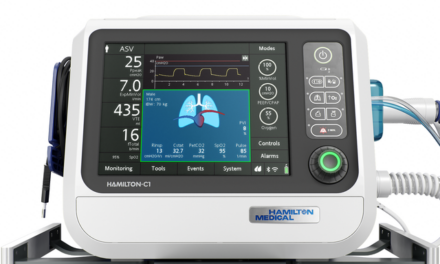U.S. FDA Commissioner Scott Gottlieb, MD, and Jeff Shuren, MD, director of the Center for Devices and Radiological Health, have announced steps to modernize the FDA’s 510(k) program—steps, they say, that will advance the review of the safety and effectiveness of medical devices.
“The new technology that we’re seeing holds tremendous public health promise for patients,” Gottlieb and Shuren say in a statement. “But with the advances also come new complexities that can make the review of safety and effectiveness more challenging. The framework we propose is aimed at efficiently advancing beneficial technology to patients, while solidifying FDA’s gold standard for safety.”
Moreover, they say, new devices that enter the market under the 510(k) pathway should exhibit technological advancements or demonstrate that they adhere to “modern safety and performance criteria.” After all, Gottlieb and Shuren add, patient safety and performance innovations should be considered when gauging the utility of new medical devices. “In making these reviews, where appropriate, we want to rely on modern safety and performance criteria,” they say.
Similarly, the FDA officials say they are looking for ways to “retire outdated predicates”—particularly in situations where they’ve seen safer or more effective technologies emerge. Nevertheless, Gottlieb and Shuren reiterated their support of the 510(k) process.
“But we also believe that framework needs to be modernized to reflect advances in technology, safety, and the capabilities of a new generation of medical devices,” they conclude. “In short, we believe that it’s time to fundamentally modernize an approach first adopted in 1976, when Congress considered the vast diversity of devices that would become subject to the FDA’s regulatory oversight and established many of the predicate devices that served as the basis for 510(k) clearances during the last 40 years.”




